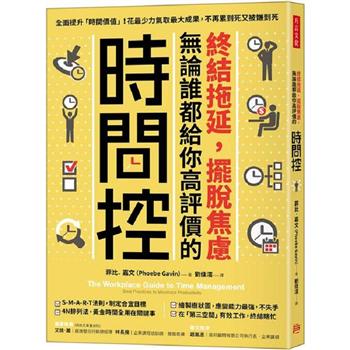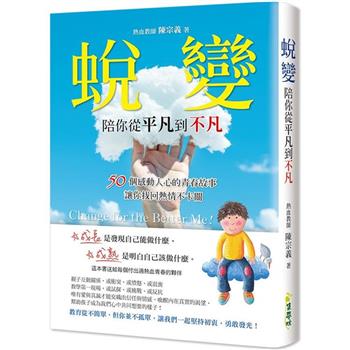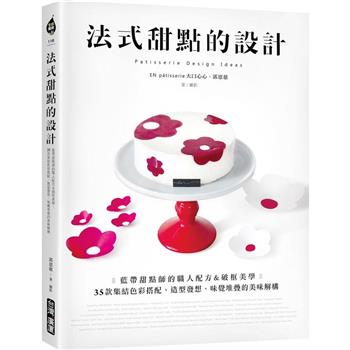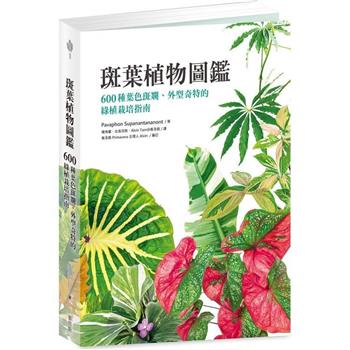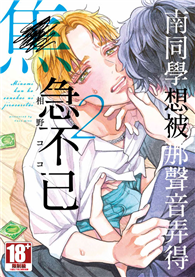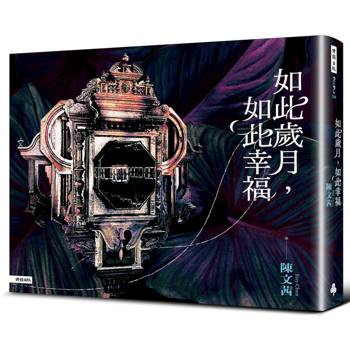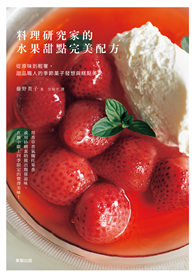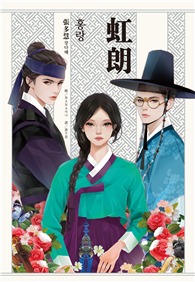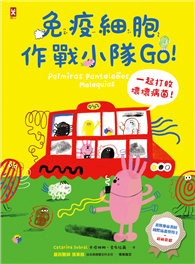The late 1970s to the mid-1980s, a period commonly referred to as the post-Mao cultural thaw, was a key transitional phase in the evolution of Chinese science fiction. This period served as a bridge between science-popularization science fiction of the 1950s and 1960s and New Wave Chinese science fiction from the 1990s into the twenty-first century. Chinese Science Fiction during the Post-Mao Cultural Thaw surveys the field of Chinese science fiction and its multimedia practice, analysing and assessing science fiction works by well-known writers such as Ye Yonglie, Zheng Wenguang, Tong Enzheng, and Xiao Jianheng, as well as the often-overlooked tech-science fiction writers of the post-Mao thaw.
Exploring the socio-political and cultural dynamics of science-related Chinese literature during this period, Hua Li combines close readings of original Chinese literary texts with literary analysis informed by scholarship on science fiction as a genre, Chinese literary history, and media studies. Li argues that this science fiction of the post-Mao thaw began its rise as a type of government-backed literature, yet it often stirred up controversy and received pushback as a contentious and boundary-breaking genre. Topically structured and interdisciplinary in scope, Chinese Science Fiction during the Post-Mao Cultural Thaw will appeal to both scholars and fans of science fiction.

